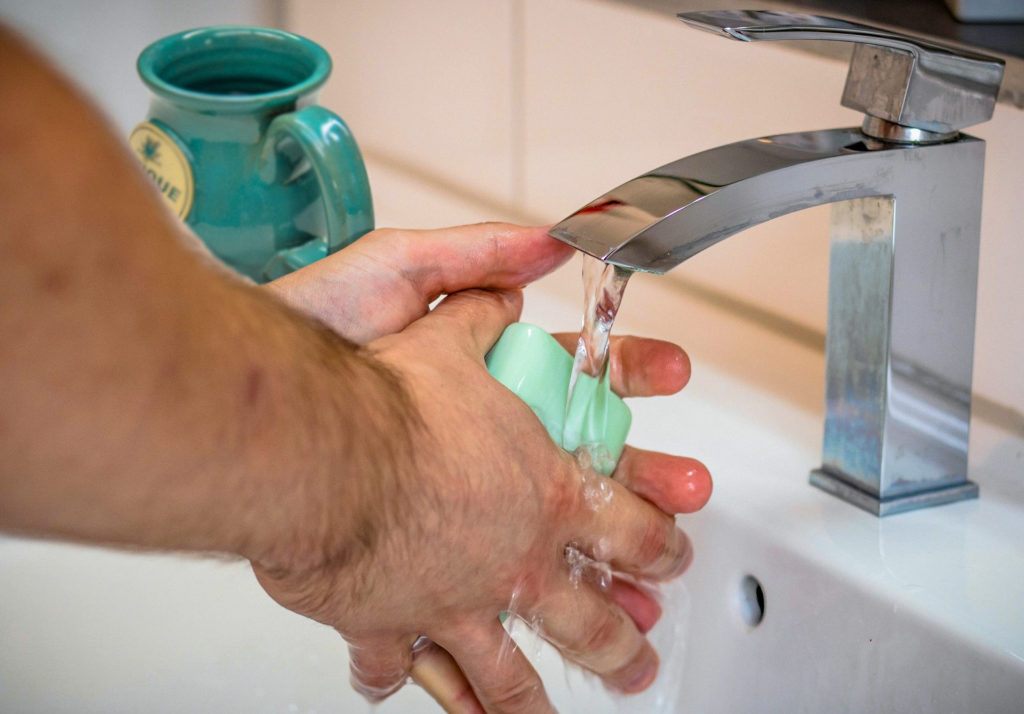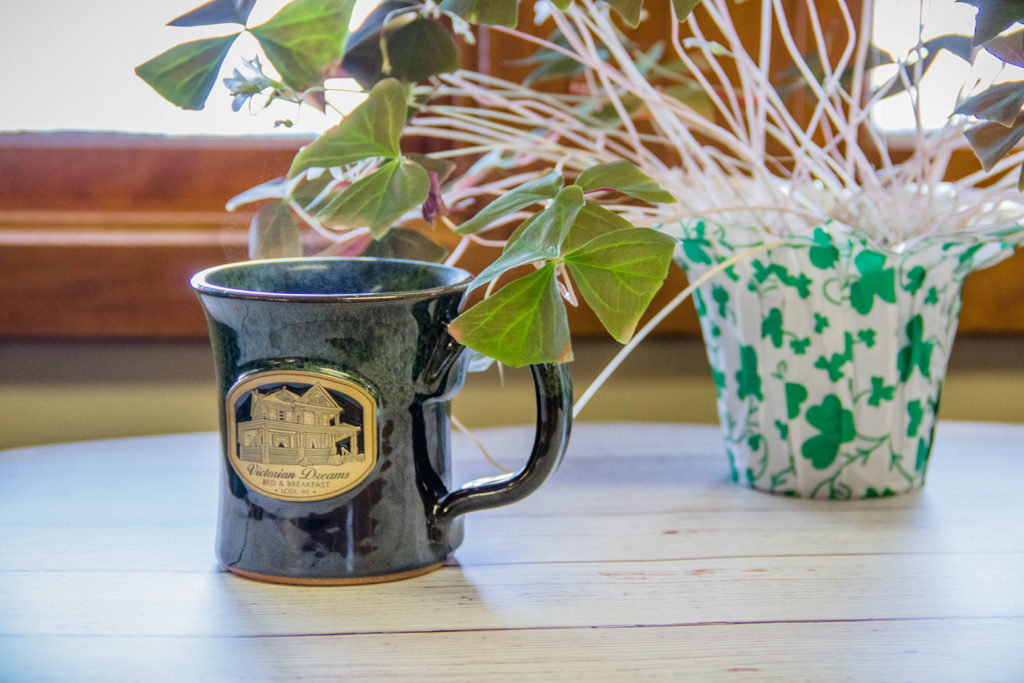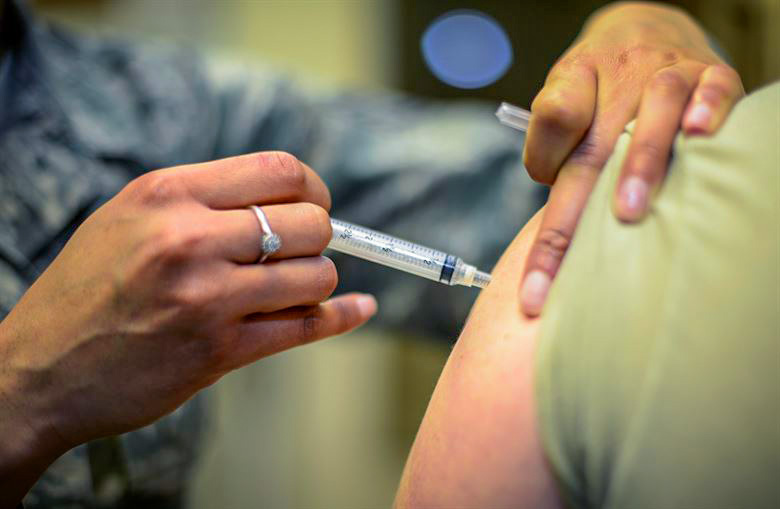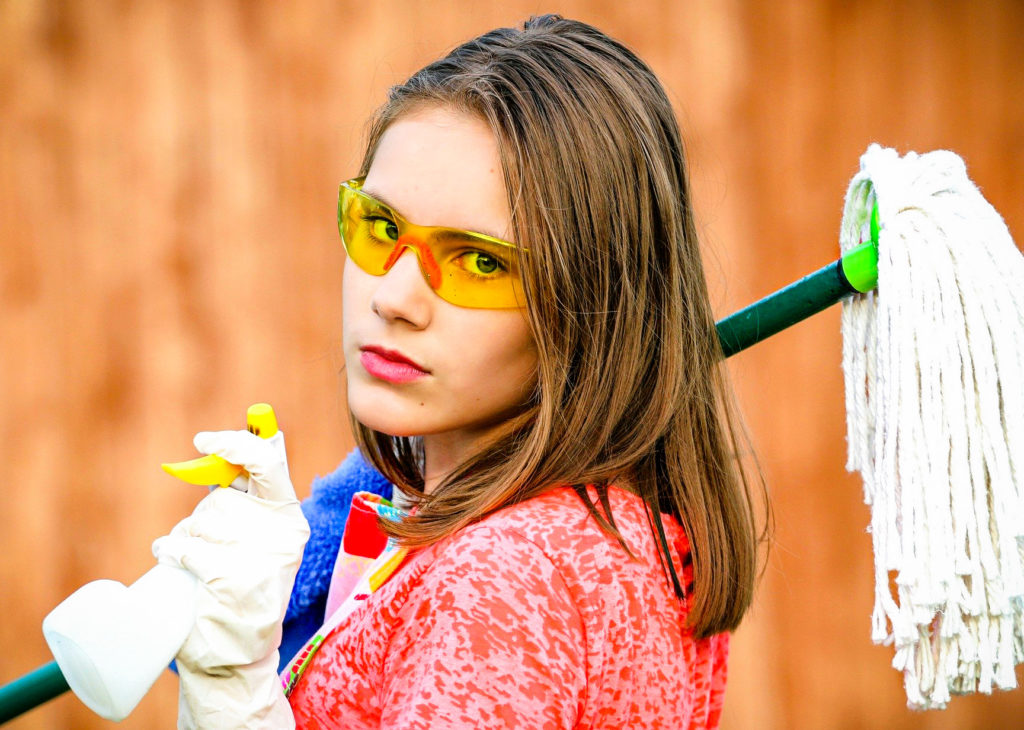
5 Tips to Avoid Getting Sick (and Getting Others Sick)
The flu, COVID-19 and other serious illnesses are a true concern for the world today, and colds are a nuisance that nobody enjoys. They’re highly contagious and spread easily from person to person. That doesn’t mean they’re impossible to prevent though, or that you can’t stop them from spreading. With the help of these tips to avoid getting sick, you can keep yourself and others around you safe.

1. STAY HOME.
Nobody likes a hero. You might think it’s not a big deal to come in when you’re under the weather, but your coworkers are probably all but fumigating their offices as soon as you leave the room so they don’t get sick.
The best way to recover from almost any illness is with rest and fluids. Going into work despite being sick robs you of your chance to heal. It also puts your coworkers and their families and friends at risk for getting sick. This can get especially bad if, for example, one of your coworkers has very young children or is taking care of their grandmother. Not to mention, if you work in an industry like food service or at a bank, you risk getting your customers sick.
You’re also not likely to do your best work while you have a fever. But, if you absolutely have to get a project done while you’re sick, offer to work from home, if possible. As long as you have a stable internet connection, you can still fill up your favorite stoneware mug with some hot tea and get to work.
When should you come back to work though? The CDC recommends returning to work at least 24 hours after your fever is gone. In the case of the flu, you’re most contagious within three days after you start experiencing symptoms. Get Tamiflu, stock up on soup, water and other essentials and keep your germs at home.
2. Is There a Vaccine for It? Get It.
Vaccines are the most important advancement of the modern era for public health. Most use an inactive—or dead—version of the disease so your immune system can identify and kill the viruses when they’re alive. This practice has saved millions of lives and eradicated killers like meningococcal disease, which causes your brain lining to swell and leads people to lose their limbs and potentially die.
 Every vaccine undergoes a rigorous approval process from the FDA before it becomes publicly available, and you’re more likely to die or be seriously injured in a car accident than you are from a negative vaccine reaction. For reference, the number of yearly incidences for both of those causes of death is 36,560 in 2018 and zero for the flu vaccine that year, respectively. Aside from some pain, swelling or soreness at the injection site, you probably won’t experience side effects.
Every vaccine undergoes a rigorous approval process from the FDA before it becomes publicly available, and you’re more likely to die or be seriously injured in a car accident than you are from a negative vaccine reaction. For reference, the number of yearly incidences for both of those causes of death is 36,560 in 2018 and zero for the flu vaccine that year, respectively. Aside from some pain, swelling or soreness at the injection site, you probably won’t experience side effects.
Meanwhile, the flu killed 79,400 people, including 186 pediatric deaths in 2018 according to the CDC. As of March 6, 2020 the novel coronavirus COVID-19 has killed over 3,300 people worldwide.
While there isn’t a vaccine available for COVID-19 yet at time of writing, there is a flu shot that comes out every single year. The flu shot can save lives, especially if you work around children, elderly people or those with weakened immune systems. Even if those don’t apply to you, it can still spare you from a week or more of pure misery. Plus, most insurance companies offer it for free, and pharmacies at Target and Publix offer gift cards for those who get one.
3. Wash Your Hands
Wash your hands and avoid touching your mouth or eyes. Hand-washing is an effective way to keep yourself from getting sick, since one of the most common ways people get sick is by touching infected surfaces with their hands. Why is a tool as simple as soap such a good weapon against disease though?
The scientific reasons: Soap and water removes the germs that cause all sorts of illnesses from your hands, including the cold and flu. Even more, the strain of coronavirus that causes COVID-19 has an outer lipid membrane layer, meaning that the virus has fat surrounding it. Just like with any other type of fat or oil, that means soap can dissolve it, killing it. However, you have to make sure you wash your hands thoroughly for it to work.
If you don’t have soap, alcohol-based hand sanitizer also kills most germs on contact by disrupting their membrane layer. However, soap is still the weapon of choice. This is because medical professionals need hand sanitizer more than most people do while they work with the sick, so using soap leaves that resource to them without putting your health on the line.
In other words: Washing your hands with soap and warm water kills germs. Just make sure you do it for at least the length of time it takes you to sing “Happy Birthday to You” twice, or about 20 seconds. Sick of singing Happy Birthday while you wash up? Sing the chorus to “500 Miles” by the Proclaimers, including “da da da, da da da.” More into rock? Try the lyrics to Pink Floyd’s “Brick in the Wall,” with that cool bass line in between. The possibilities are endless.
4. Reduce Travel
Airplanes, buses and cruise ships are like giant moving Petri dishes during flu season. In part, this is because they’re usually crowded full of people packed together in a tight space. The same can also be said of concerts, parades, sporting events and anything else that involves large public gatherings.
Part of the reason COVID-19 has spread so quickly is because people who didn’t realize they were sick had the illness and started traveling. This is also an easy way to catch the flu if you haven’t gotten your vaccine for the year.
If you can’t avoid traveling, take a car or another mode of transportation that doesn’t pack large crowds together. While it takes longer and isn’t as convenient, this is the easiest way to avoid spreading illnesses like the flu or COVID-19 or getting sick yourself.
5. Disinfect Everything
 How many surfaces do you touch in a day? Most people touch keyboards, phone screens and doorknobs multiple times a day, every day.
How many surfaces do you touch in a day? Most people touch keyboards, phone screens and doorknobs multiple times a day, every day.
Keep Clorox wipes and Lysol handy for the following hot spots:
- Keyboards
- Computer mice
- Doorknobs
- Steering wheels
- Phone screens
This list isn’t exhaustive, either. If there are other surfaces or objects you touch regularly, disinfect them. Your body will thank you for it, and your life will feel just a little bit cleaner at the same time.
You may also want to wash your sheets, especially if someone in your house is sick. Wash your sheets every few days in hot water to kill germs and bacteria. If you normally share a bed with a sick person, don’t be afraid to quarantine them to a separate room until they’re well and wash their sheets and clothes separately.
Disinfecting is an easy way to prevent getting sick, especially if you share spaces with a sick person. However, for the love of mugs, do not buy surgical masks unless you’re already sick. People around the world have bought up surgical masks to protect themselves from COVID-19, even though they aren’t always an effective way to avoid getting sick. It’s because breathing in the same air as a sick person isn’t how disease spreads most of the time.
Because of this panic buying, there’s now a shortage of masks for healthcare workers that puts their lives at risk, even though they have to be around sick people every day. Stick to disinfecting your stuff and washing your hands, and leave some masks for the professionals.
Bonus: Did We Mention Staying Home?
We don’t care what projects you have due, what meetings you’ll be missing or whether your kid has already missed the one dance class they’re allowed to miss before the recital. If you have symptoms, stay home. Make your favorite hot drink and some soup and get ready to rest until you’re feeling better. We don’t care what reasons you have for going into the office; they’re not good enough.
While we know not everyone has the luxury of paid sick days, this is sometimes a sacrifice you have to make. If you’re able and absolutely can’t afford to miss work, talk with your manager about working from home or making up for the lost time once you’re well. Lives are on the line.

